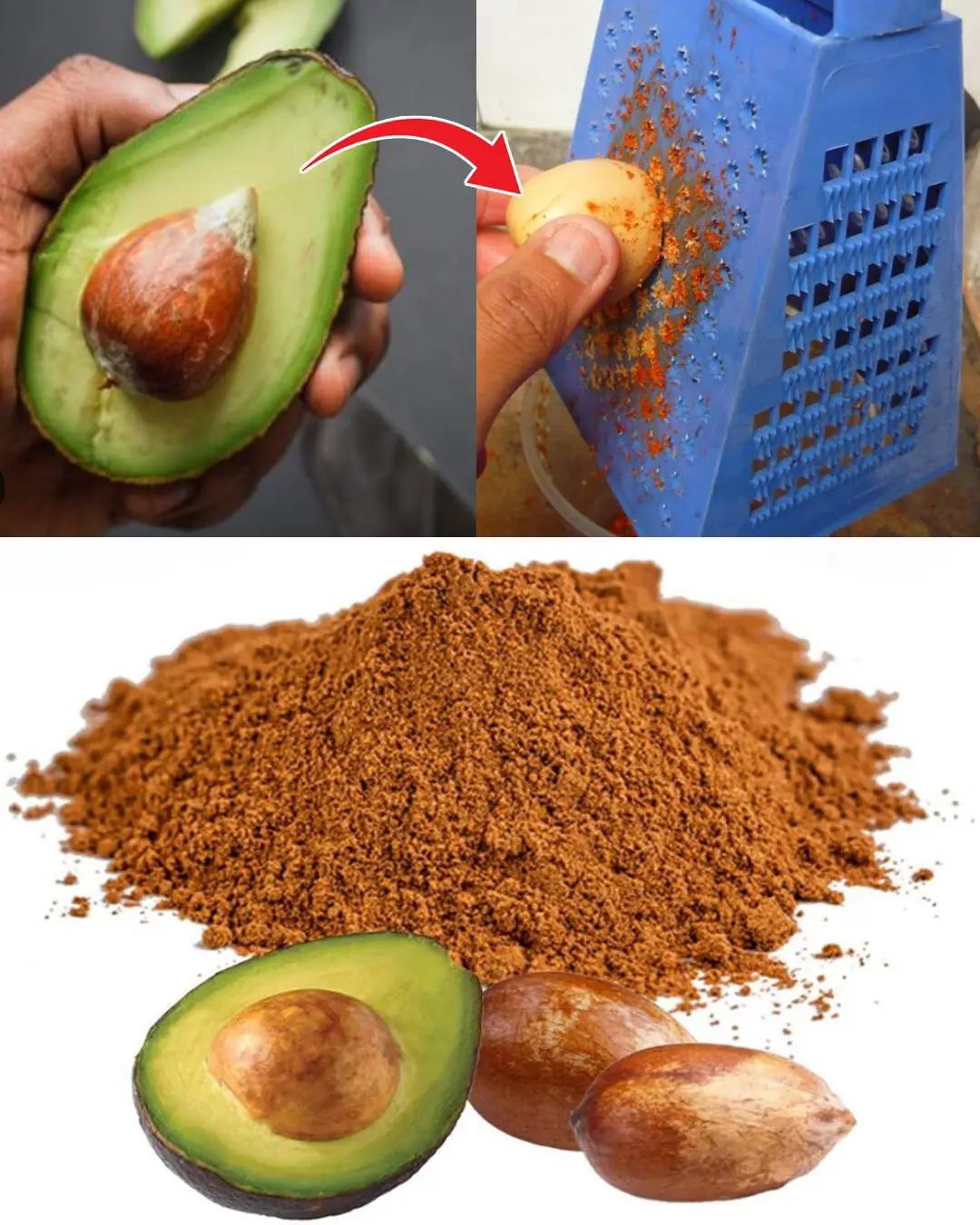
Mimosa Pudica: Medicinal Value and Uses
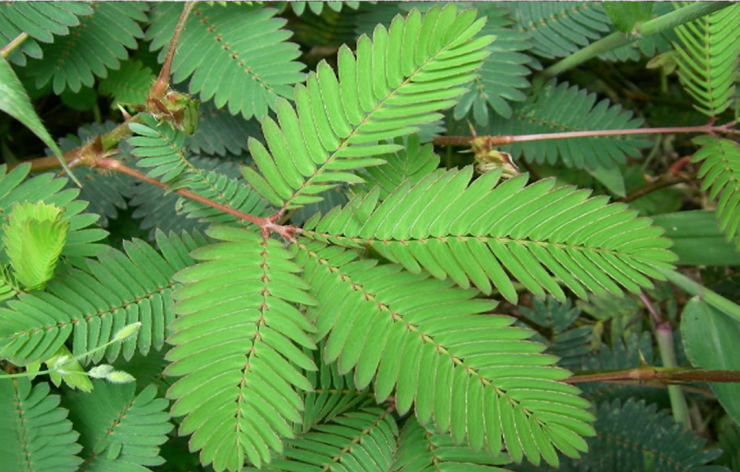
Mimosa pudica, also known as the "sensitive plant" or "touch-me-not," is a fascinating plant recognized for its ability to fold its leaves when touched. Beyond its unique characteristics, Mimosa pudica has a long history of use in traditional medicine. Its medicinal properties offer a wide range of health benefits, from treating wounds to improving digestive health. In this article, we explore the medicinal value and various uses of Mimosa pudica, a plant with a proven track record of natural healing properties. Buy vitamins and supplements to further enhance your health regimen.
Medicinal Properties of Mimosa Pudica
Mimosa pudica contains several bioactive compounds that contribute to its wide range of medicinal benefits. These properties make it a valuable herb in traditional healing practices:
-
Antimicrobial: Mimosa pudica has strong antimicrobial properties, which help fight off bacterial and fungal infections. This makes it effective in treating skin infections and wounds.
-
Anti-inflammatory: It helps reduce inflammation, making it useful for treating wounds, joint pain, and skin conditions such as rashes and acne.
-
Antioxidant: Mimosa pudica is rich in antioxidants that help protect the body from oxidative stress and free radical damage, which contribute to the aging process and various chronic diseases.
-
Astringent: The plant has astringent properties, which help tighten tissues and reduce bleeding, making it effective for wound healing and skin regeneration.
-
Antiparasitic: Mimosa pudica is used to expel intestinal parasites and worms, particularly in traditional Ayurvedic medicine, offering a natural way to cleanse the body.
-
Sedative: Mimosa pudica has mild sedative properties, which can help calm the nervous system, reduce anxiety, and improve sleep quality.
-
Antidiarrheal: It can help alleviate diarrhea by strengthening the intestinal walls and promoting healthy digestion, especially in cases of stomach infections or gastrointestinal distress.
Medicinal Uses of Mimosa Pudica
1. Treats Wounds and Skin Infections
One of the most well-known uses of Mimosa pudica is in wound healing. The plant’s antibacterial, anti-inflammatory, and astringent properties make it effective for treating cuts, burns, infections, and even acne. The leaves can be crushed into a paste and applied directly to the affected area to speed up the healing process.
Why It Works:
-
The astringent nature of the plant helps stop bleeding and promotes tissue tightening.
-
Its antimicrobial properties help prevent infections, ensuring faster and cleaner healing.
2. Supports Digestive Health
Mimosa pudica is often used to treat digestive disorders, such as diarrhea and irritable bowel syndrome (IBS). Its antidiarrheal properties strengthen the intestines, prevent excess fluid loss, and improve gut health. Additionally, it helps remove parasites from the digestive tract, enhancing overall digestive function.
Why It Works:
-
Reduces diarrhea by strengthening the intestinal walls and promoting the absorption of nutrients.
-
Helps expel intestinal worms, which is especially beneficial for people suffering from parasitic infections.
3. Expels Intestinal Parasites
Mimosa pudica seeds are known for their antiparasitic properties. In traditional Ayurvedic medicine, the seeds are used to remove intestinal worms, including tapeworms and roundworms. The plant’s active compounds help paralyze and expel these parasites from the body, offering natural detoxification.
Why It Works:
-
Effective against intestinal parasites, particularly in children who are more vulnerable to parasitic infections.
-
Supports the removal of toxins and harmful pathogens from the digestive system, promoting a cleaner gut environment.
4. Reduces Inflammation and Pain
The powerful anti-inflammatory properties of Mimosa pudica make it useful for treating conditions like arthritis, joint pain, and inflammation. The plant can be consumed as a tea or applied topically as a paste to reduce swelling and discomfort, providing relief from inflammatory conditions.
Why It Works:
-
Helps reduce joint inflammation, muscle soreness, and pain associated with arthritis and injuries.
-
Can be applied topically to reduce swelling and improve mobility in affected areas.
5. Improves Respiratory Health
In traditional medicine, Mimosa pudica is used to treat respiratory conditions such as asthma, bronchitis, and chronic coughs. It helps reduce mucus buildup in the lungs and promotes easier breathing. The plant’s anti-inflammatory properties also help soothe the airways, providing relief from conditions that obstruct normal breathing.
Why It Works:
-
Acts as a natural expectorant, clearing mucus from the respiratory tract and promoting smoother airflow.
-
Reduces inflammation in the airways, making it effective for asthma, bronchitis, and other lung conditions.
6. Calms the Nervous System
Mimosa pudica has mild sedative properties, making it useful for calming the nervous system. It is often used to reduce anxiety, stress, and insomnia. Drinking Mimosa pudica tea before bed can improve sleep quality and promote relaxation, making it an excellent choice for those dealing with anxiety or sleep disorders.
Why It Works:
-
Calms the mind, reduces stress, and induces relaxation.
-
Helps improve sleep quality by acting as a mild sedative, promoting a restful night’s sleep.
7. Promotes Uterine Health
In traditional medicine, Mimosa pudica is often used to support women’s reproductive health. It is believed to help treat issues like irregular menstruation and uterine disorders. It may also be useful in reducing pain during menstruation, providing natural relief from menstrual cramps.
Why It Works:
-
Supports reproductive health by helping regulate menstrual cycles and reduce menstrual discomfort.
-
Can be used to reduce uterine inflammation and provide relief from cramps and other menstrual symptoms.
8. Helps Manage Diabetes
Some studies suggest that Mimosa pudica can help regulate blood sugar levels, making it potentially beneficial for people with diabetes. The plant’s ability to improve insulin sensitivity and reduce glucose absorption can help manage blood sugar levels naturally.
Why It Works:
-
Helps regulate blood sugar levels by improving insulin sensitivity and reducing glucose absorption in the intestines.
-
May support overall diabetes management, promoting stable blood sugar levels and better metabolic control.
How to Use Mimosa Pudica
-
Mimosa Pudica Tea: To make a tea, boil a few Mimosa pudica leaves in water for 10-15 minutes. Drink the tea to benefit from its anti-inflammatory and digestive properties.
-
Topical Paste: Crush fresh leaves and apply them directly to wounds, cuts, or inflamed areas to promote healing and reduce swelling.
-
Mimosa Pudica Powder: The seeds can be ground into a powder and consumed in capsules or mixed into water to help expel parasites and support digestive health.
-
Tinctures: Mimosa pudica tinctures are available in many health food stores and can be taken orally to promote general wellness and improve overall health.
Buy vitamins and supplements to complement your Mimosa pudica usage and improve overall well-being.
News in the same category

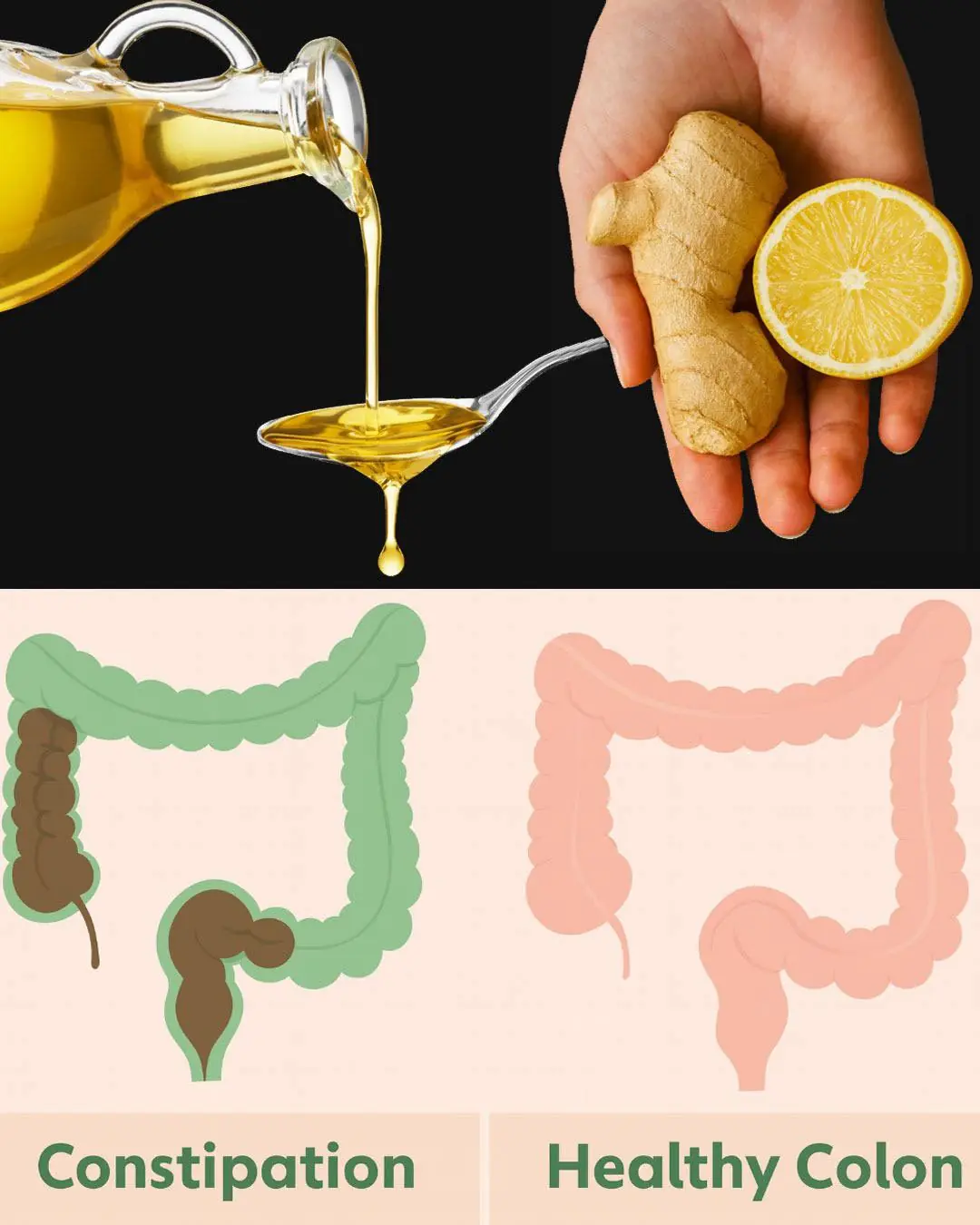
Morning Detox Elixir: Olive Oil, Lemon & Ginger – The Natural Cleanse You Need Daily

Unlock the Hidden Power of Banana Peels for Radiant, Youthful Skin
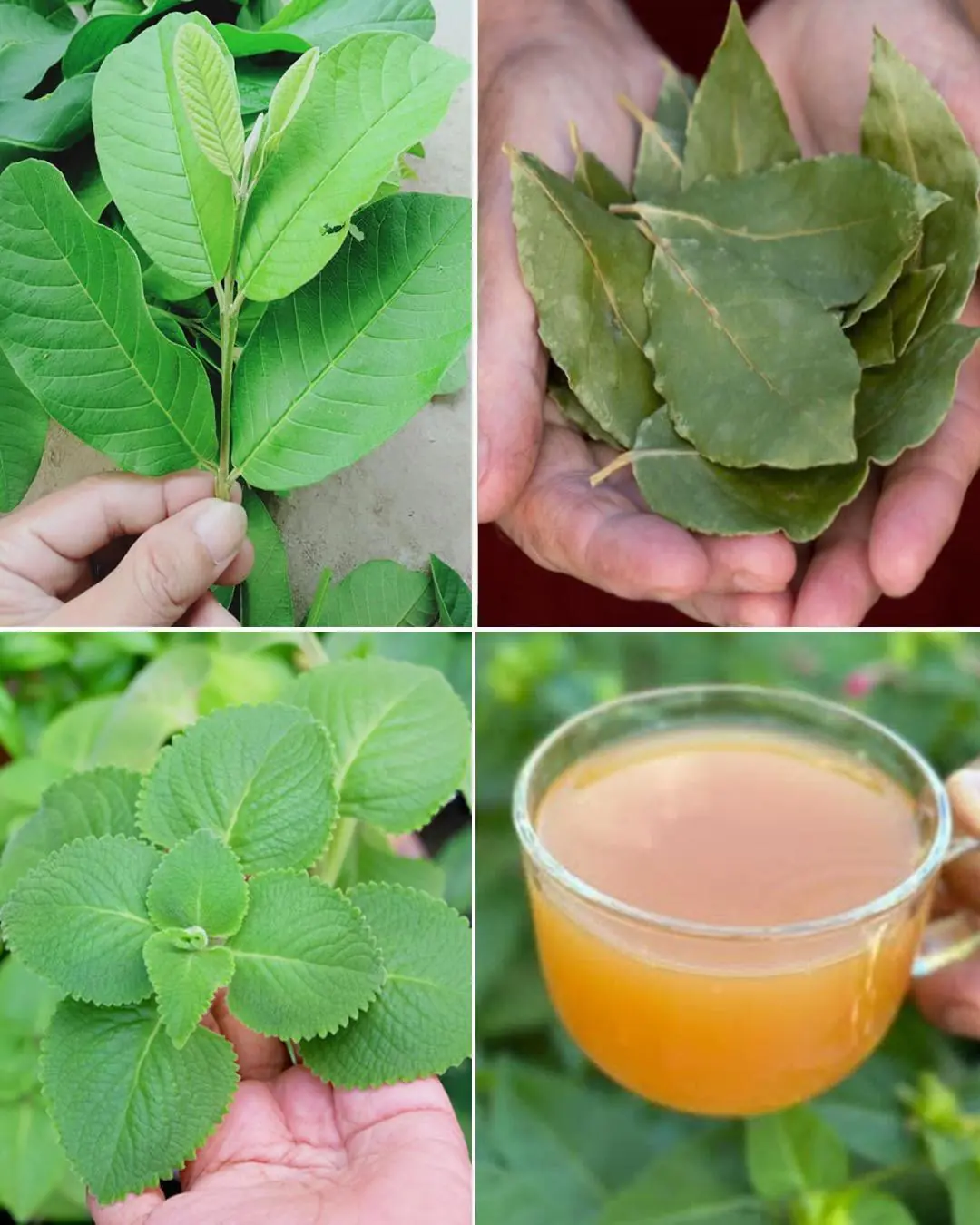
Guava, Oregano, and Bay Leaves: The Healing Leaves used in traditional medicine for centuries
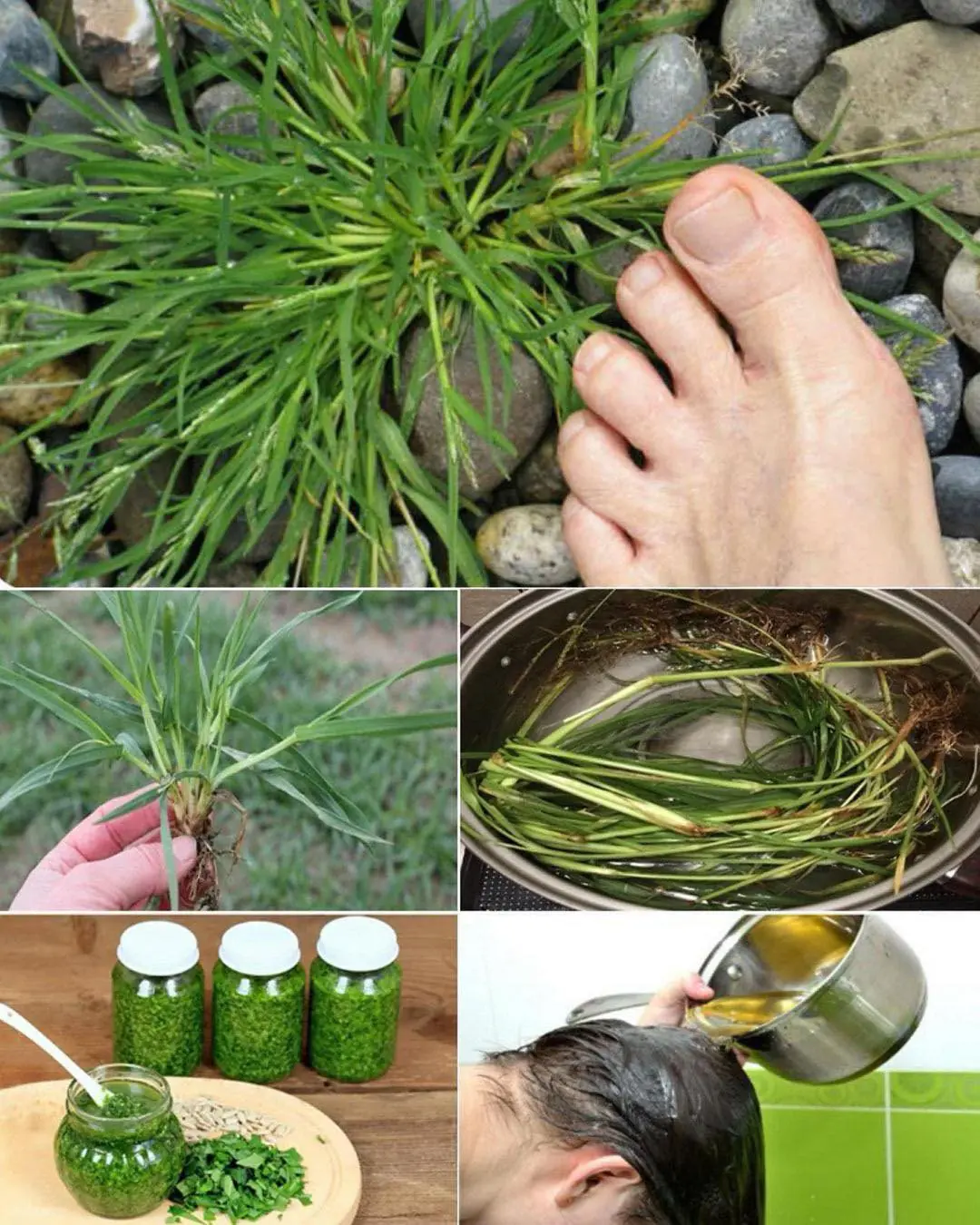
Crabgrass for Hair Loss: Natural Remedies and Uses
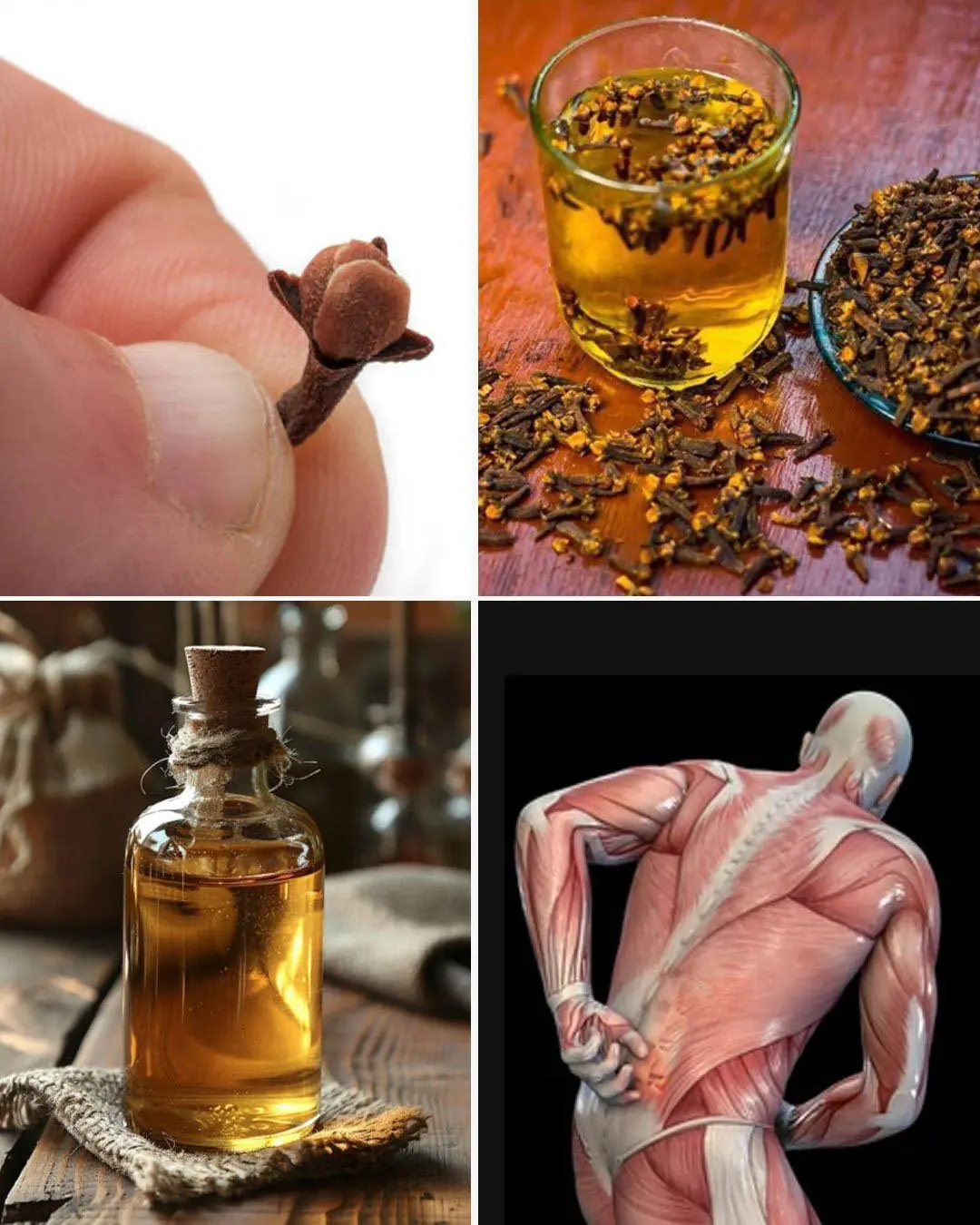
Cloves Benefits and Uses
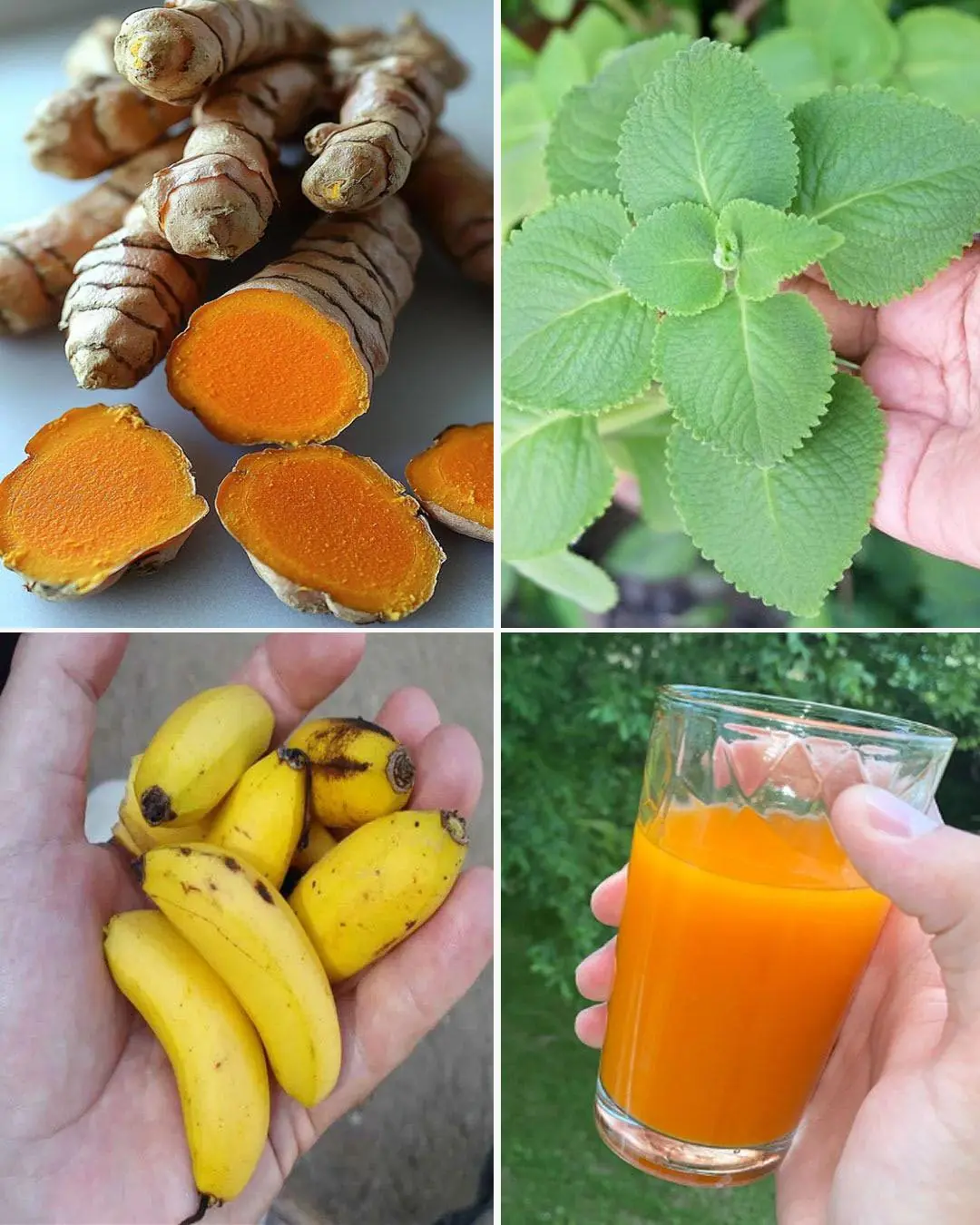
Turmeric, Cuban Oregano, and Banana Drink: Natural Remedy for High Blood Pressure, Diabetes, and Poor Circulation
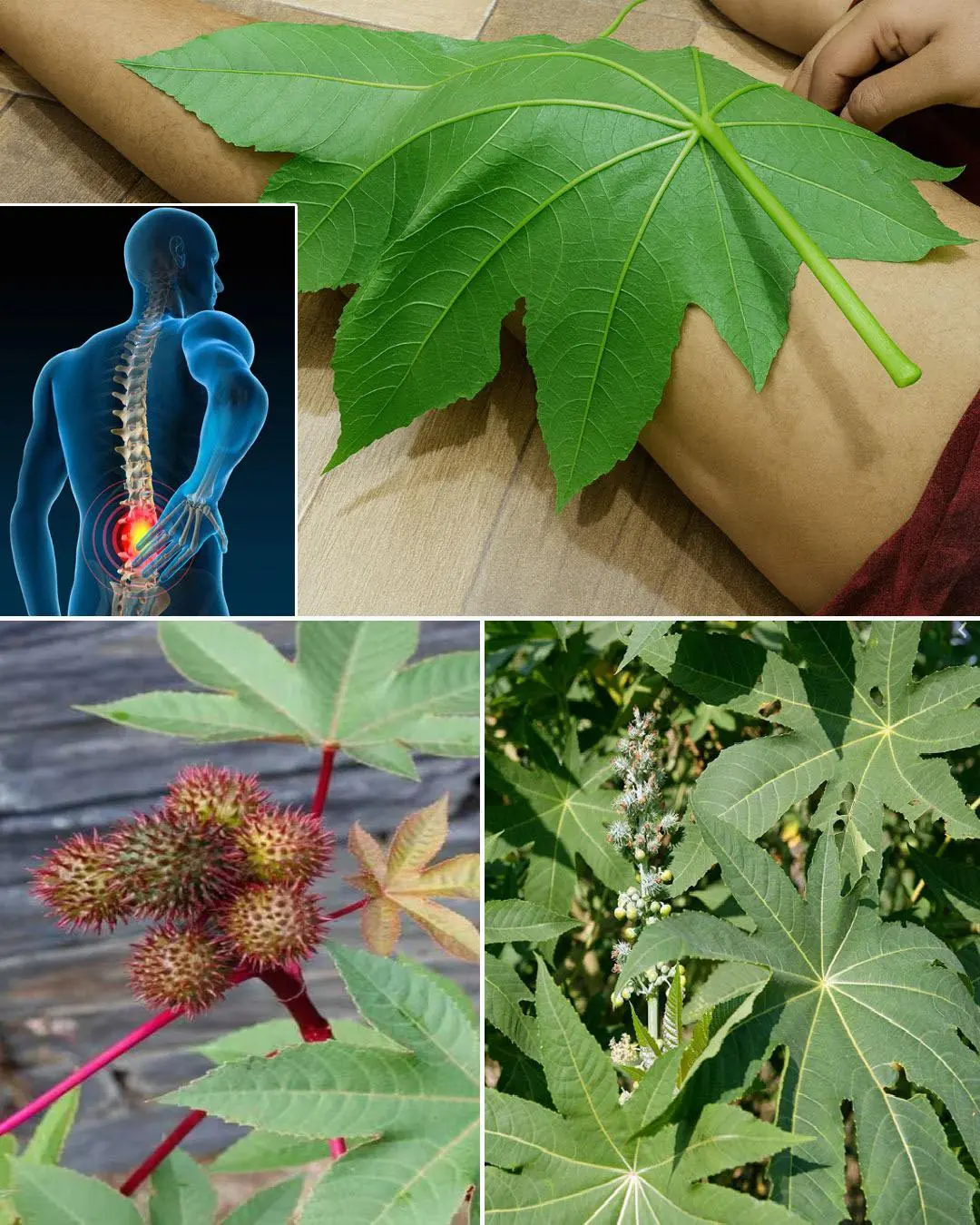
Some of the Benefits of Castor Leaves and the Seed

Use Vaseline This Way for 7 Days to Get Thick Eyebrows and Long Eyelashes

🍌🥚 Banana and Egg Mask to Look Younger Even in Your 80s
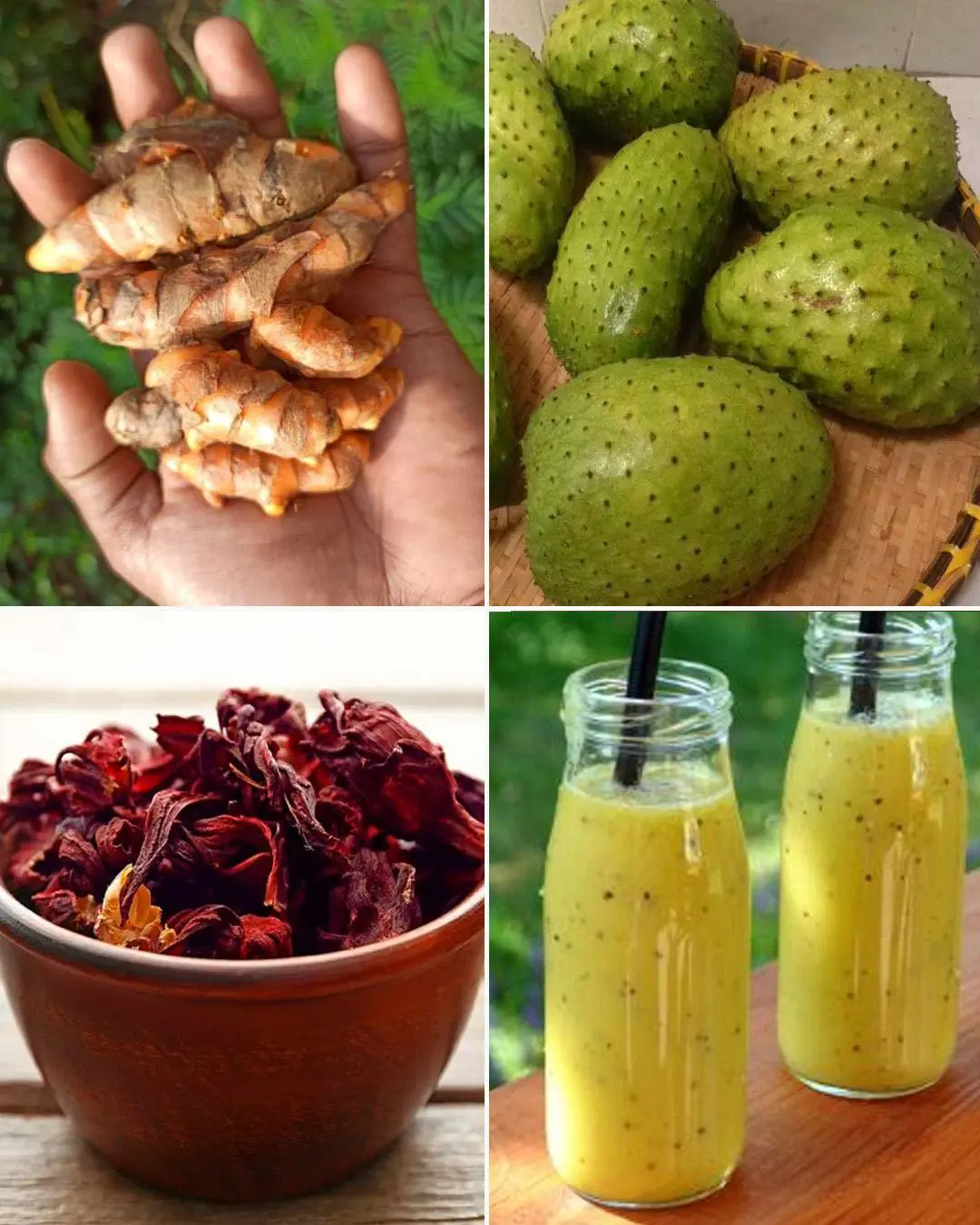
Ginger, Soursop, Sorrel, and Turmeric – The Miracle Drink
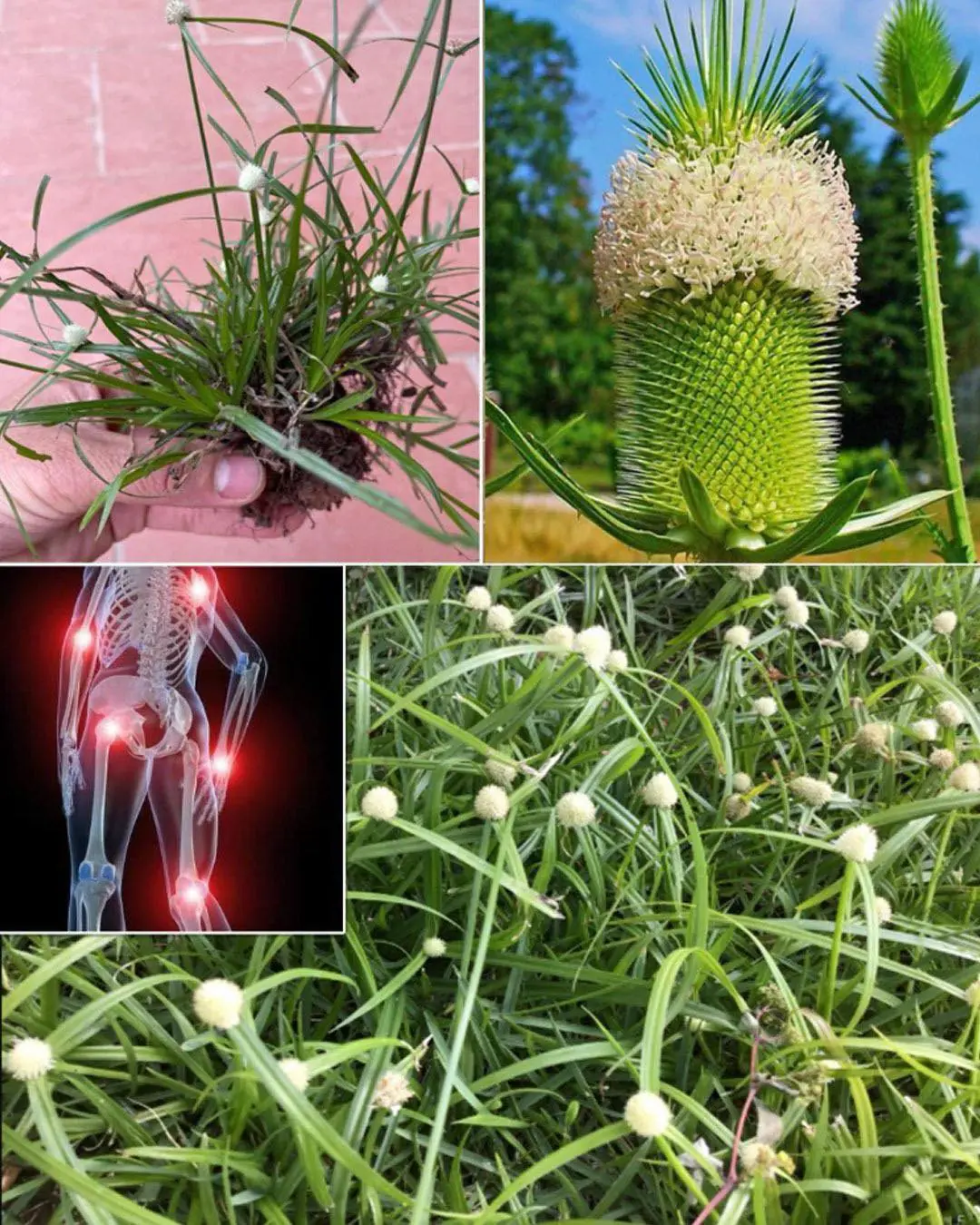
Kyllinga brevifolia (Rottb): Benefits and How to Use It
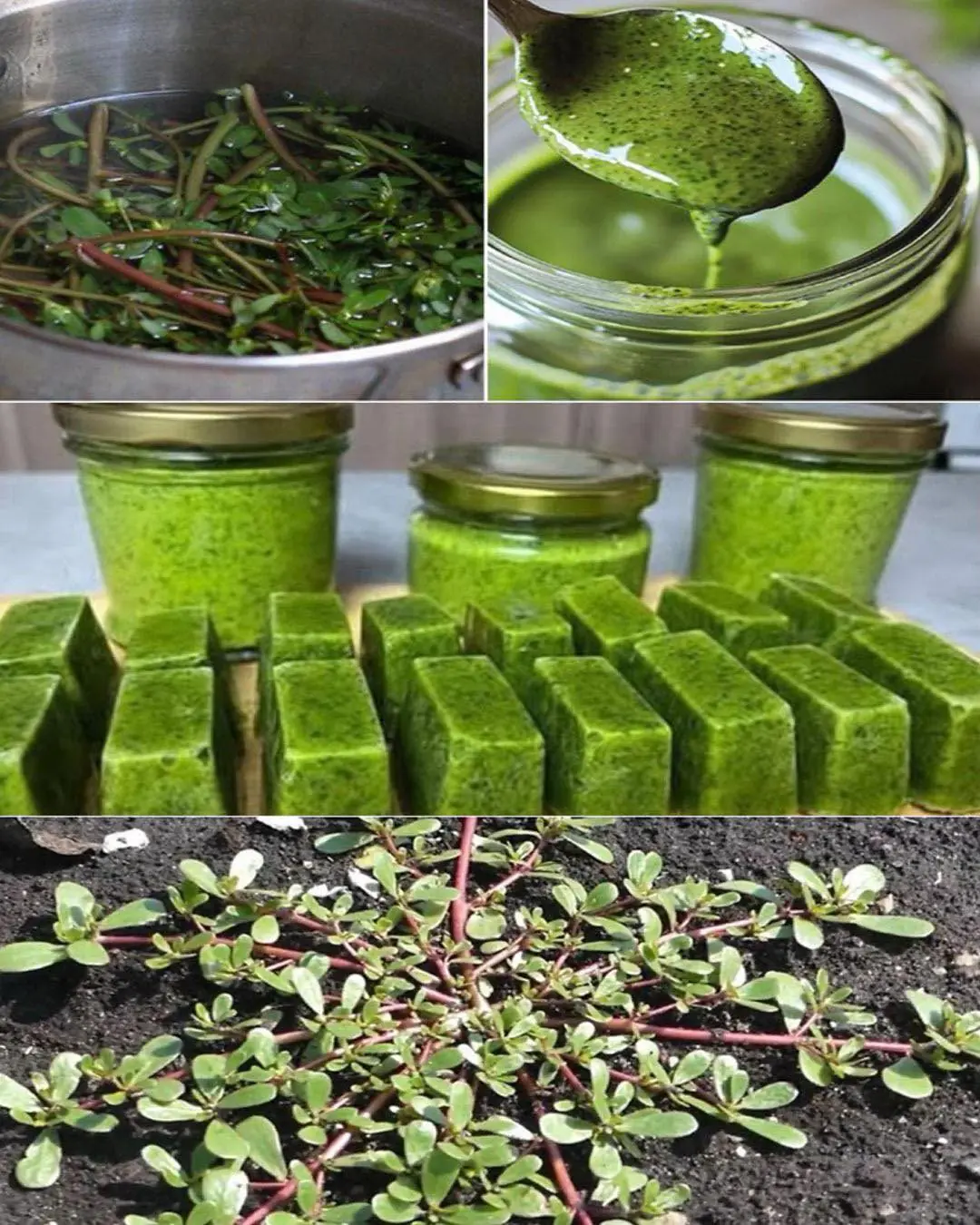
Purslane: The Superfood That Tastes Better Than Meat – 7 Reasons to Grow It in Your Garden
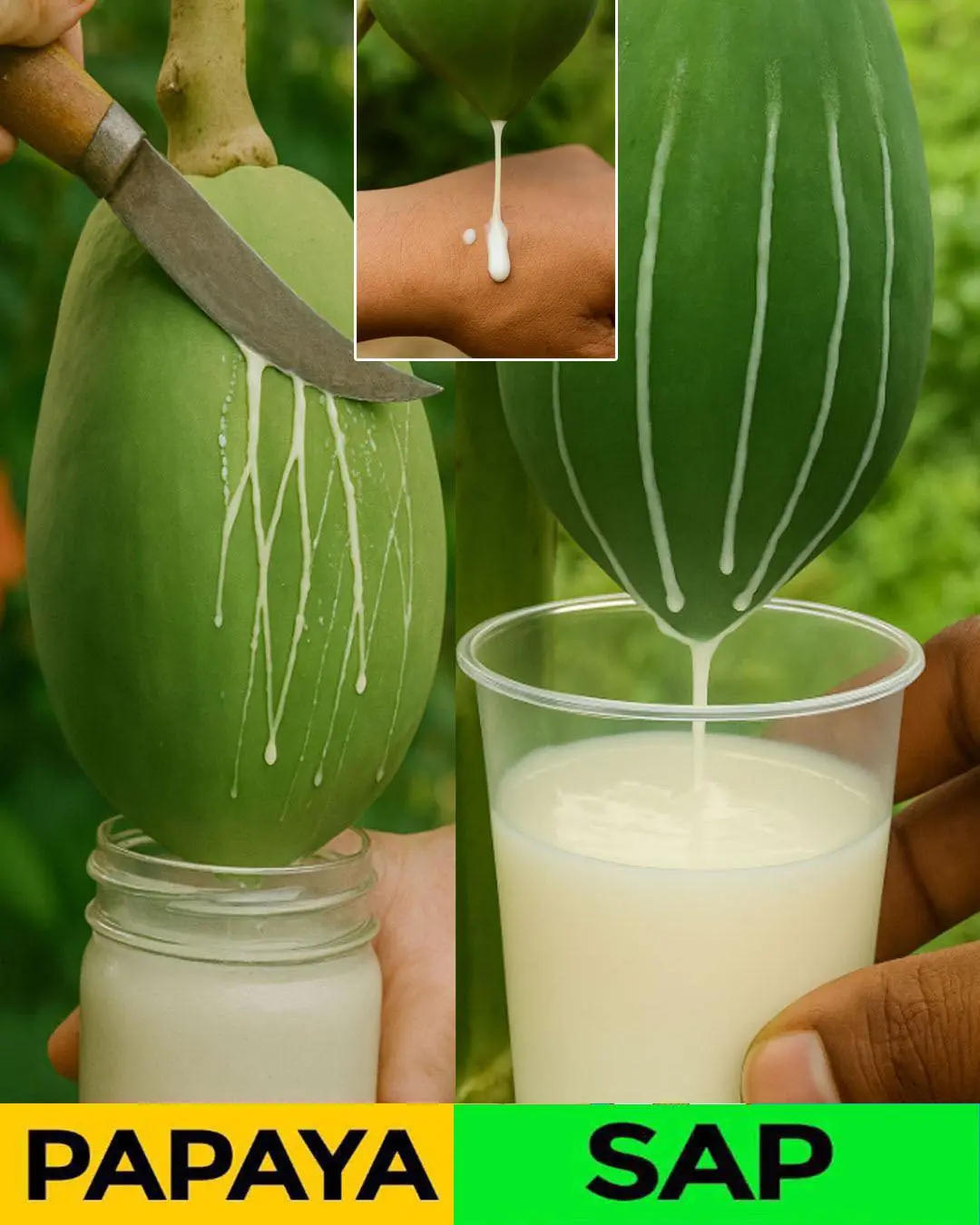
Papaya releases a milky sap, but most people don’t realize how important it is
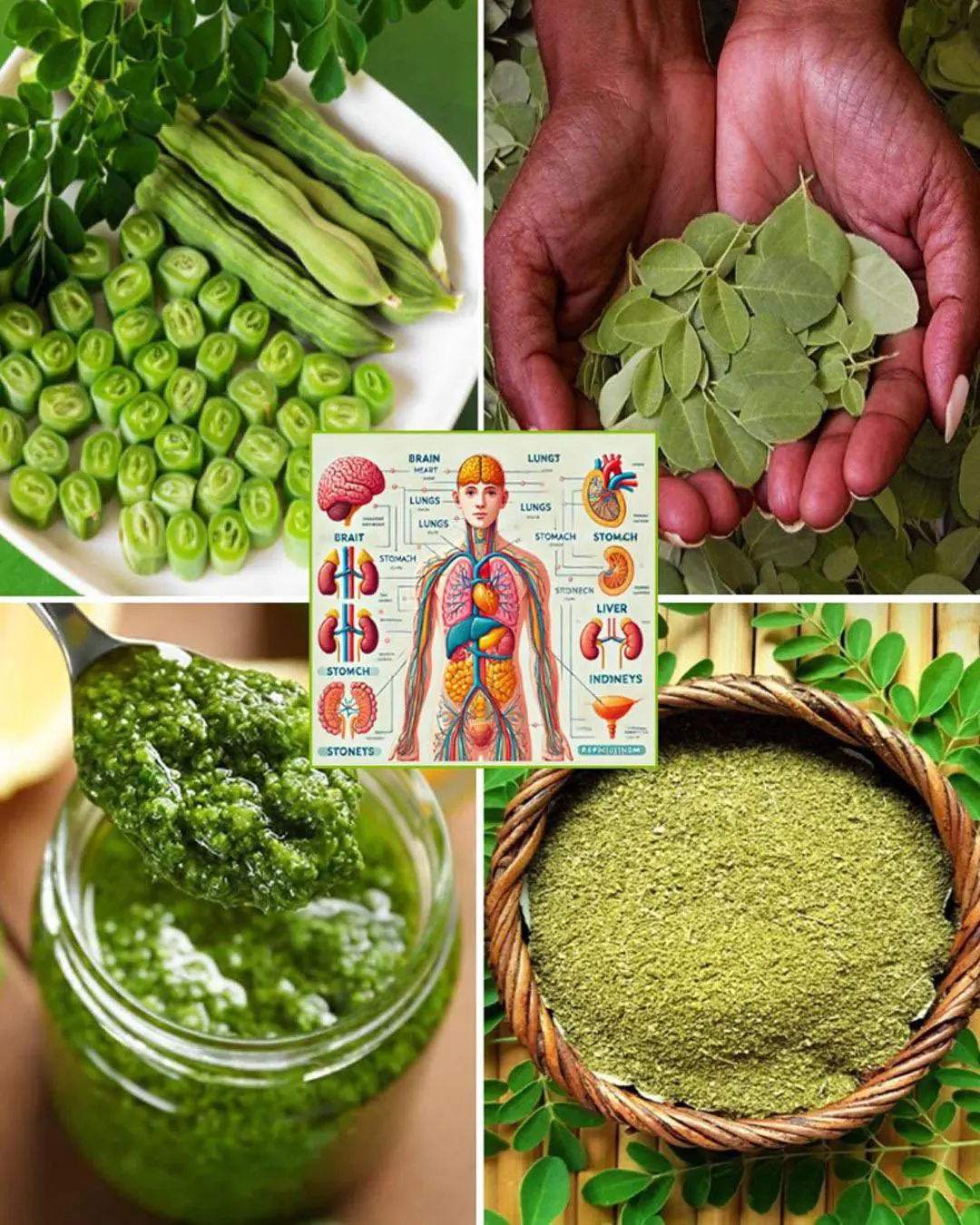
Discover The Miraculous Benefits of Moringa
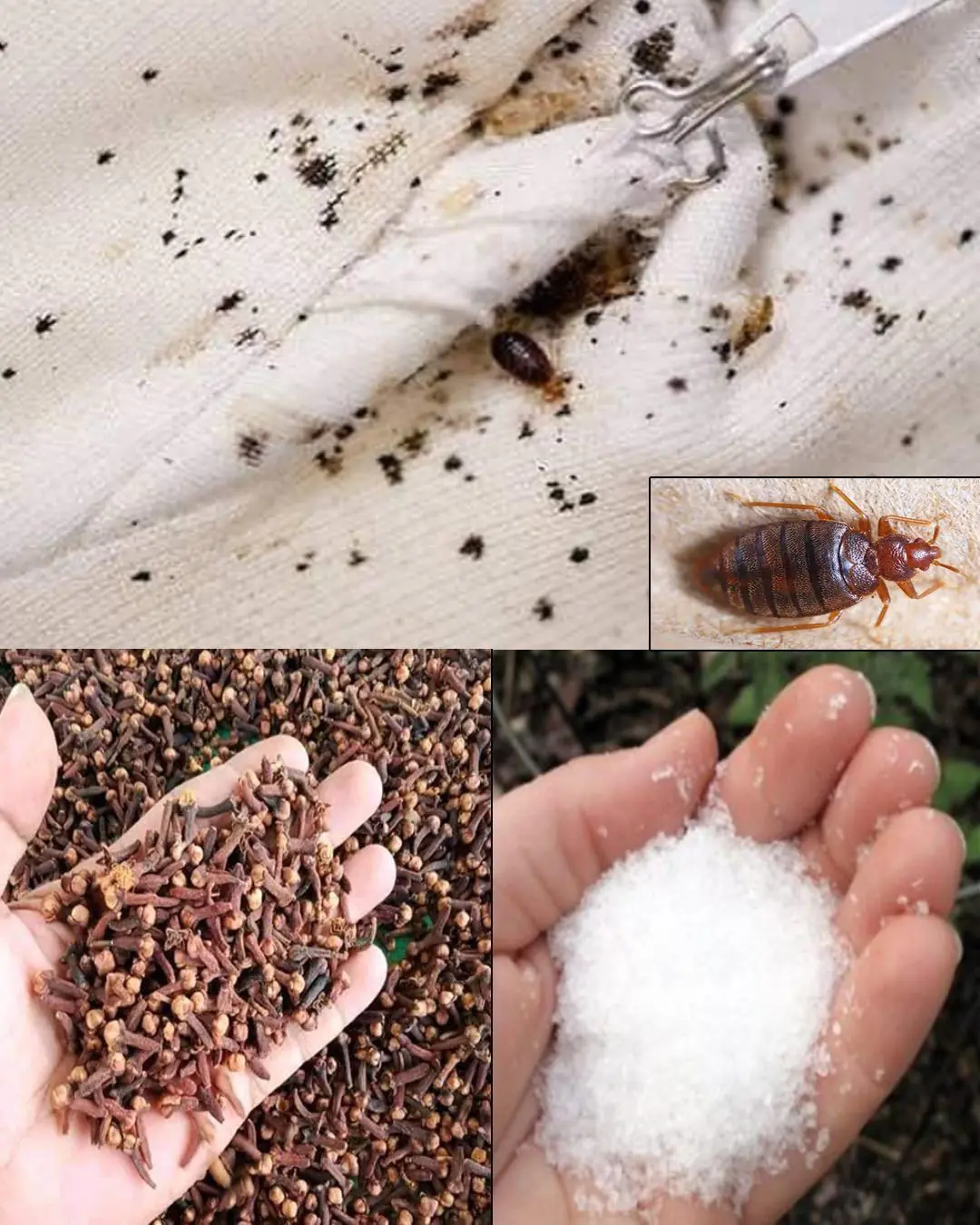
How to Quickly Get Rid of Bed Bugs, Cockroaches, Fruit Flies, and Other Insects Using Natural Ingredients
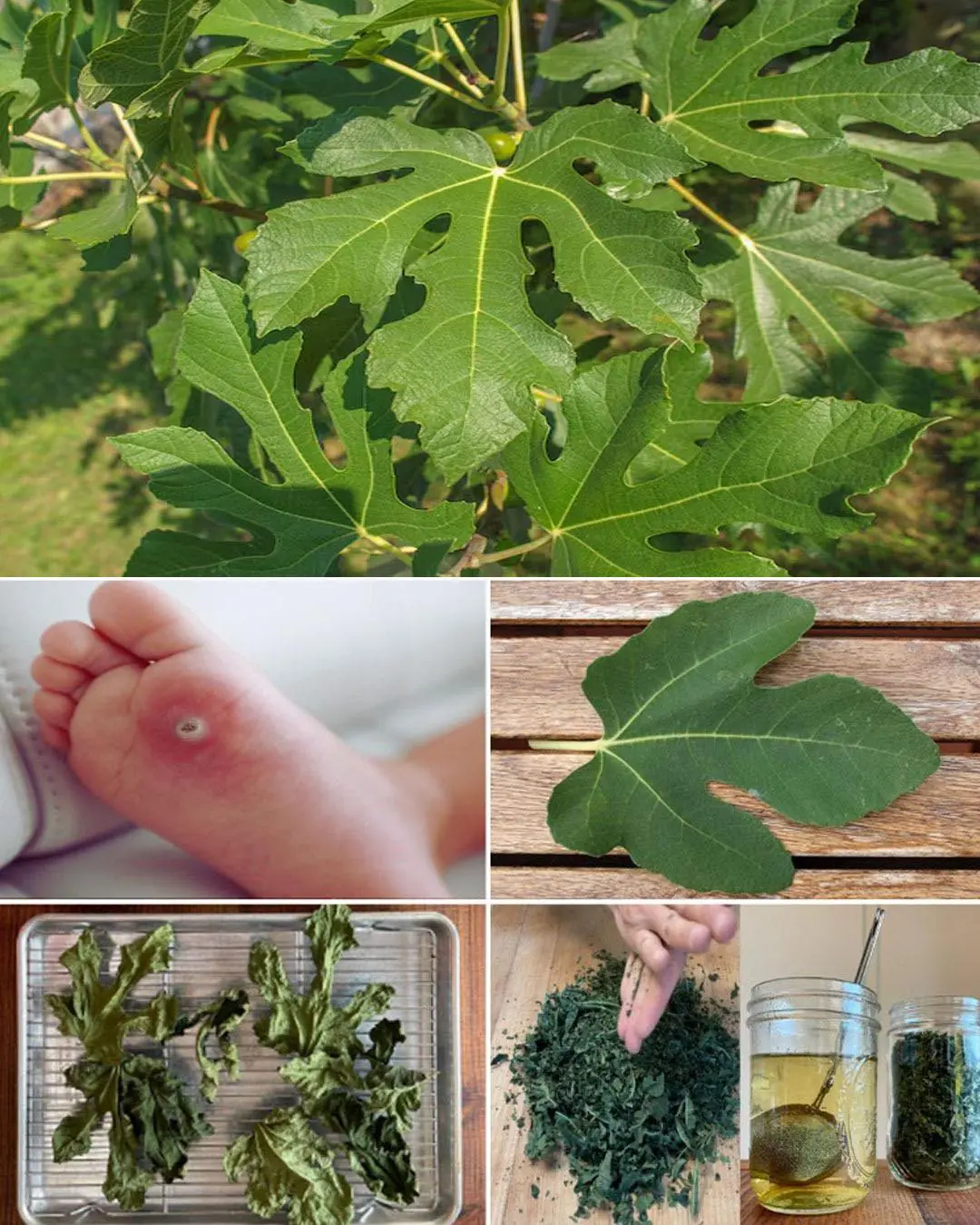
Fig Leaves: Surprising Benefits and Uses

Ignite Your Passion at Any Age: The Surprising Power of Coffee & Garlic
News Post

Growing Wildflowers: A Mother’s Journey Through the Chaos

The Baby in Princess Diana’s Arms

A Lifetime in Bloom: Lois Shows Us What Passion Truly Grows

Farewell to a Giant Soul: Vatsala the Elephant Passes at 100

Keeping the Monsters Away: The Quiet Heroism of Foster Parents

From Sidewalk to Forever: A Daughter’s Choice That Changed Everything

A Thirst for Life: Cyclists Halt Ride to Save Parched Koala in Australia’s Heatwave

An Actor’s Greatest Role: Morgan Freeman Becomes a Guardian of Strays

When a Celebration Became a Goodbye: A Daughter’s Farewell to Her Faithful Companion

Bella the Hero: How a Pit Bull’s Loyalty Saved a Life

No Matter How Dirty You Are, Absolutely AVOID These 7 “Dangerous Hours” When Washing Your Hair to Prevent Stroke, Sudden Illness, or Hospitalization Without Warning

3 Common Mistakes When Using Plastic Wrap That Can Cause Cancer and Are Often Made by Many People

A Kiss from Joy: The Language of Love Between Elephants and Humans

What Do Vertical Nail Ridges Mean After 40

A Brave Fight for Life: Kuba’s Battle Against Ewing’s Sarcoma

Avocado Seeds Benefits: 7 Reasons to use them

9 Signs You’re Actually Going Through Menopause (Even If You Didn’t Realize It)

Morning Detox Elixir: Olive Oil, Lemon & Ginger – The Natural Cleanse You Need Daily
